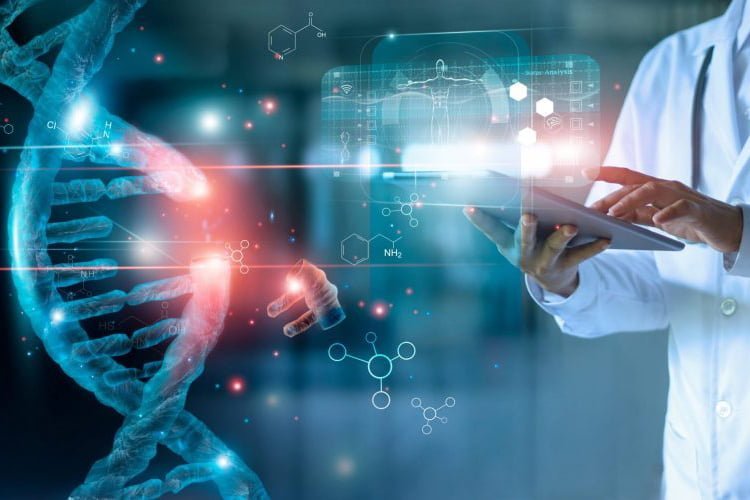
Did you know that if it was not for our hormone levels going down, we might have not grow older, not as quickly as we do. We grow older and so ungracefully too at times as we do not understand how our hormones work and once we do, it is usually too later to reverse the whole process.
At Medi-Gyn, we encourage each and every of you not to “leave those silent messangers” alone but keep checking them once or twice per year as these may not be immediately visible but they do play a huge role in
Hormonal imbalances can impact multiple pathways involved in cellular ageing, including oxidative stress, inflammation = inflammageing, DNA damage, and mitochondrial dysfunction.
Telomere Length
The longer your Telomere, the long you tend to live – it is offiical science talk. Telomeres are protective caps at the end of chromosomes that shorten with each cell division, leading to cellular ageing and eventual cell death. Hormone such as estrogen tends to influence telomere length maintenance, potentially slowing down cellular ageing.
Oxidative Stress
Hormones can affect the body’s antioxidant defense mechanisms and the production of reactive oxygen species (ROS), which contribute to oxidative stress and damage cellular components like DNA, proteins, and lipids. Imbalances in hormones like estrogen and cortisol can increase oxidative stress, accelerating cellular aging.
Inflammation = Inflammageing
Hormones play a role in regulating the immune system and inflammatory responses. Chronic inflammation which is called “inflammageing” is associated with accelerated cellular aging and age-related diseases. Hormones such as cortisol, insulin, and certain cytokines can modulate inflammatory processes, impacting cellular ageing.
Mitochondrial Function
Mitochondria is a part of the cell that is responsible for its energy production. This part plays a crucial role in cellular ageing. Hormones such as thyroid hormones and insulin, can influence mitochondrial function and biogenesis, affecting cellular metabolism and oxidative stress levels. Imbalances in those hormones like can impair mitochondrial function, contributing to cellular ageing.
Cellular Senescence
Hormones can influence cellular senescence, a state of irreversible cell cycle arrest associated with ageing. Hormones like insulin-like growth factor 1 (IGF-1) and insulin play roles in regulating cellular senescence pathways. Dysregulation of these hormones can promote cellular senescence and accelerate aging processes.
DNA Repair Mechanisms
Hormones can affect DNA repair mechanisms, which play a crucial role in maintaining genomic stability and preventing cellular ageing. Hormonal imbalances can impair DNA repair processes, leading to increased DNA damage accumulation and accelerated cellular ageing.
Epigenetic Regulation
Hormones can influence epigenetic changes, such as DNA methylation and histone modifications, which regulate gene expression patterns without altering the underlying DNA sequence. Changes in hormone levels can alter epigenetic profiles, affecting cellular ageing processes.
Cellular Communication
Hormones regulate intercellular communication pathways, including signaling cascades involved in growth, differentiation, and apoptosis. Dysregulation of hormonal signaling can disrupt cellular communication networks, contributing to cellular aging and dysfunction.
Maintaining hormonal balance through hormone therapy, first and foremost, then peptide therapy, stem cell therapy etc. significantly slow down premature cellular ageing and promote healthy ageing.
Error: Contact form not found.



